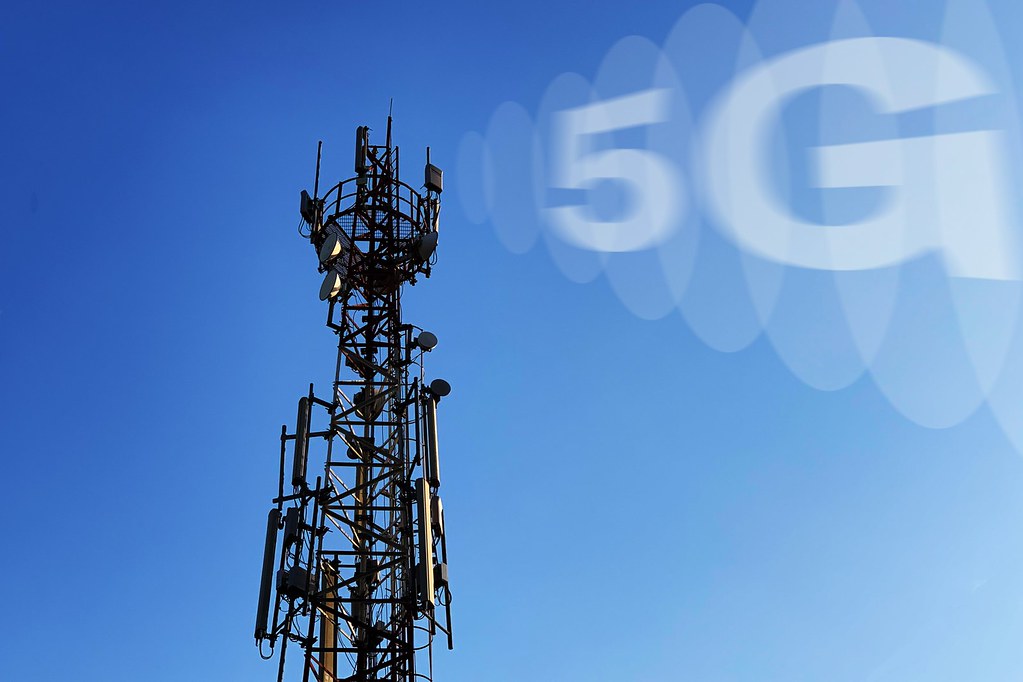Nigeria’s journey into the 5G era presents a contrasting picture of rapid adoption in specific sectors and a significant affordability barrier for the average consumer. While the Nigerian Communications Commission (NCC) reports a growing 5G adoption rate, currently at 2.7%, the benefits of this high-speed network are primarily enjoyed by businesses, particularly in the banking, healthcare, and high-tech sectors. This leaves a large portion of the population, reliant on older generation networks, excluded from the potential transformative power of 5G. The current focus on profitability and return on investment by telecom operators dictates a strategic rollout concentrated in urban centers and corporate clients, leaving rural communities and lower-income individuals behind.
This targeted approach is driven by the economic realities of 5G deployment. Telecom operators like MTN Nigeria, Mafab Communications, and Airtel Nigeria have prioritized areas where the infrastructure investment can yield immediate returns. Banks, financial institutions, and data-intensive businesses readily adopt 5G for its enhanced speed and capacity, enabling faster transactions, improved data analysis, and more efficient operations. Similarly, hospitals and healthcare providers are leveraging 5G to revolutionize medical practices through telemedicine, remote diagnostics, and the seamless transfer of large medical files. These early adopters represent sectors where the immediate benefits of 5G justify the costs.
However, for the majority of Nigerians, the cost of 5G-enabled devices and data plans remains prohibitive. In a country where the average daily wage for many is less than $2, access to this advanced technology is a luxury they cannot afford. This stark economic disparity creates a digital divide, where a select few benefit from the advancements of 5G while a significant portion of the population remains tethered to older, slower networks. The NCC’s data reflects this reality, showing that 2G and 3G networks still hold a substantial user base, particularly in rural areas, while 4G dominates urban usage. This highlights the urgent need for strategies to bridge this gap and ensure equitable access to the benefits of 5G.
The financial sector in Nigeria showcases the transformative potential of 5G. Major Nigerian banks are integrating 5G into their core operations, enhancing digital financial services, facilitating faster and more secure transactions, and enabling seamless integration with fintech platforms. This aligns with the Central Bank of Nigeria’s focus on modernizing the financial landscape through open banking, contactless payments, and a broader digital transformation. 5G provides the necessary infrastructure to support these initiatives and accelerate Nigeria’s progress towards a more digitally inclusive financial system.
Healthcare also stands to benefit significantly from widespread 5G adoption. The ability to conduct remote consultations and diagnostics through telemedicine platforms offers solutions to Nigeria’s healthcare challenges, including shortages of medical personnel, particularly in rural areas. 5G’s high bandwidth and low latency enable real-time, high-quality medical consultations, bridging the geographical divide and improving access to specialized medical care. Successful demonstrations of remote surgeries and diagnostics, facilitated by 5G, showcase the technology’s potential to revolutionize healthcare delivery in Nigeria.
Despite the current challenges, there is optimism about the future of 5G in Nigeria. The NCC and telecom operators are continuing to invest in expanding 5G infrastructure, laying the groundwork for broader coverage. However, experts emphasize the need for targeted policies to make 5G more accessible to the average consumer. This includes subsidies for 5G-enabled devices, more affordable data plans, and initiatives to promote digital literacy. Bridging the affordability gap is crucial for realizing the full potential of 5G and ensuring that its transformative benefits reach all segments of Nigerian society, driving economic growth and improving the quality of life for all.














